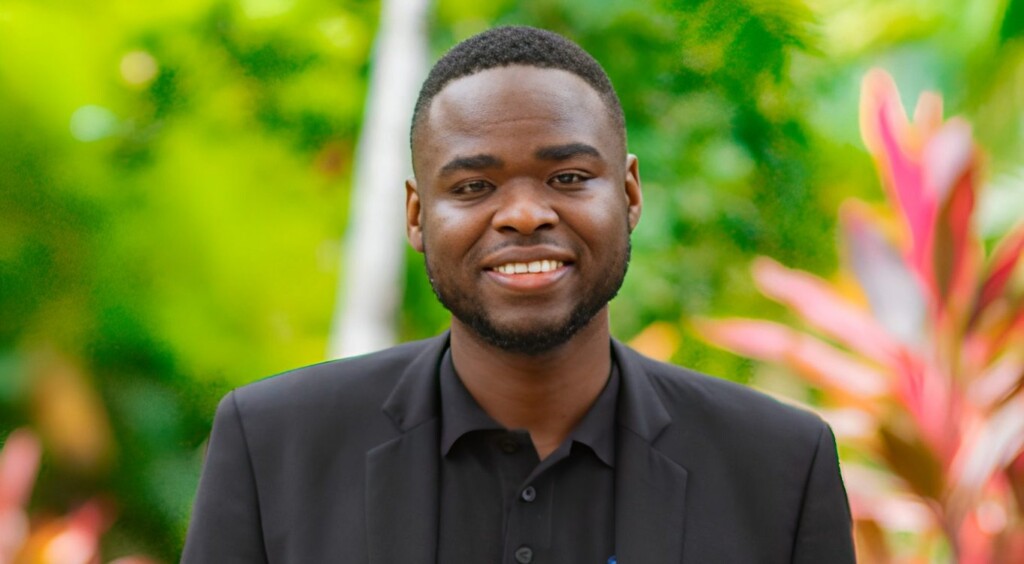A Jamaican Student Invented A Self-Disinfecting Door Handle For Hospitals: ‘Design That Fits Reality’

A Jamaican university student has invented a self-cleaning door handle that’s been described as a “life-saving design that fits” the reality of the Caribbean.
Using ultraviolet light, similar to various automatic cleaning devices invented and deployed during the COVID-19 pandemic, it kills 99.9% of pathogens while being safe for humans and animals.
Bacteria multiplies and spreads fast in the tropical climate of the Caribbean, so it’s the ideal product for hospitals and other public buildings.
Inventor Rayvon Stewart won Jamaica’s Prime Minister’s National Youth Award and the Commonwealth Health Innovations Awards in the process of seeking a patent under international intellectual property law.
His story would be that of the classic second-generation immigrant to America: if he were one. But since he isn’t, Stewart and others view it as an outgrowth of the Caribbean’s growing science and engineering talent pool.
He and his cousin were the first in his family to attend university, having grown up in rough agricultural conditions on Jamaica’s Mount Prospect.
“Even though times were tough, we never really thought about that. We knew that we had something to do as a family,” Stewart told the Guardian.
ALSO CHECK OUT: Visionary Fuels First Car Powered By Seaweed Piling Up on Beaches That Reduces Tourism
At Jamaica’s University of Technology he fell in love with inventing. He worked on a software that allowed people to virtually try on clothes, before a stint of volunteering in a hospital revealed the need for better sanitation.
Called Xermosol, the door handle is shaped a little like Pac-Man. About two-thirds of the circular handle houses the technological components beneath a grey shell, while the part you grab to open the door is under a set of ultraviolet lights that activate via a touch sensor. It takes about 30 seconds to disinfect the handle.
MORE INVENTORS: Pee From Runners at the London Marathon is Going to Be Turned into Fertilizer for Wheat
Dr. Camille-Ann Thoms-Rodriguez, a University of the West Indies consultant microbiologist, said of Stewart that “we’re very proud of him.”
“A lot of the innovation that we see in healthcare is often from a first-world country where there are more resources … but it doesn’t mean that we don’t have good ideas here,” she added.



Please be good and do not spam. Thank you.